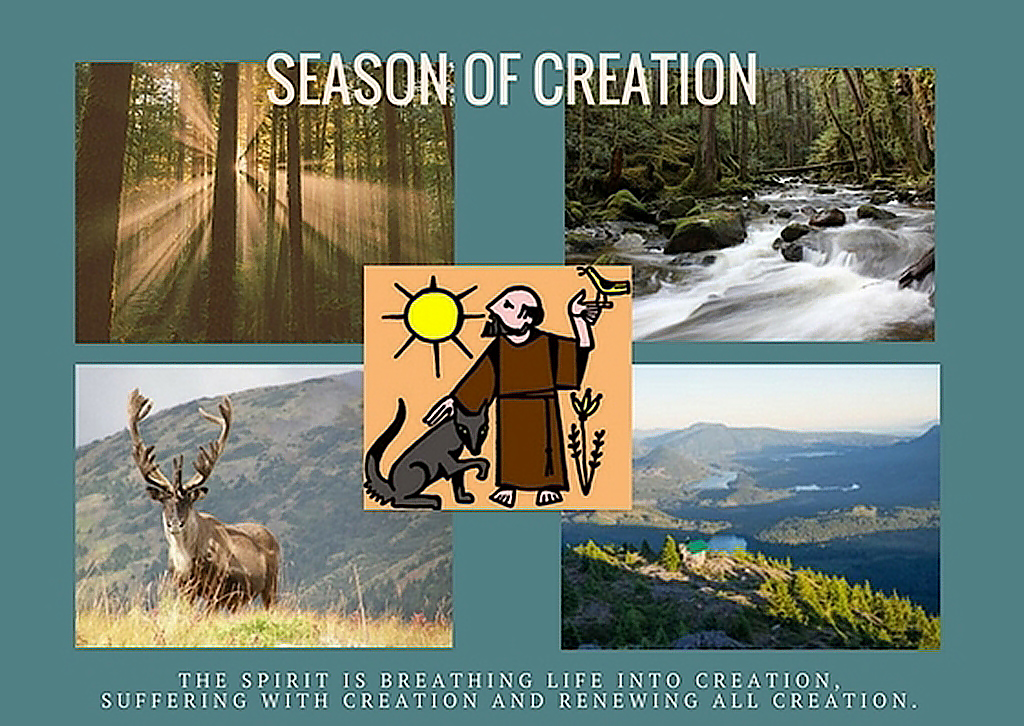Sept. 21 is the day we celebrate the life of the author of the Gospel of Matthew, both Apostle and evangelist due to the Book he wrote.

The meeting between Jesus and Matthew is told in Matthew 9:9–13:
9 As Jesus passed on from there, he saw a man called Matthew sitting at the tax booth, and he said to him, “Follow me.” And he rose and followed him.
10 And as Jesus reclined at table in the house, behold, many tax collectors and sinners came and were reclining with Jesus and his disciples. 11 And when the Pharisees saw this, they said to his disciples, “Why does your teacher eat with tax collectors and sinners?” 12 But when he heard it, he said, “Those who are well have no need of a physician, but those who are sick. 13 Go and learn what this means: ‘I desire mercy, and not sacrifice.’ For I came not to call the righteous, but sinners.”
Matthew was one of the 12 apostles that were with Jesus Christ throughout His public ministry on earth. The consensus among scholars is that this book in the Bible was written in the mid-70’s, 40 years after the resurrection. It was the second Gospel written after Mark, 10 years earlier.
Matthew was a Jewish tax collector who left his profession to follow Jesus. As an apostle of the Lord, he dedicated his life to spreading the Gospel and leading the early church. Matthew gives a personal witness account of many miracles that Jesus performed prior to being crucified on a Roman cross.
He wrote after the destruction of the temple by the Romans and massacre of the Jewish priests. Many thought they were in the end days. He was a Greek speaker who also knew Aramaic and Hebrew. He drew on Mark and a collection of the sayings of the Lord (Q), as well as on other available traditions, oral and written. He was probably a Jewish Christian and we think the book was written in Antioch in Syria where a community had developed.
The purpose of this book is to prove to readers that Jesus is the true Messiah that was prophesized in the Old Testament of the Bible. The Kingdom begins with us . The author of the Gospel of Matthew, more than the other synoptic writers, explicitly cites Old Testament messianic writings. With 28 chapters, it is the longest Gospel of the four.
It begins by accounting the genealogy of Jesus, showing him to be the true heir to David’s throne. The genealogy documents Christ’s credentials as Israel’s king. Then the narrative continues to revolve around this theme with his birth, baptism, and public ministry.
The Sermon on the Mount highlights Jesus’ moral teachings and the miracles reveal his authority and true identity. Matthew also emphasizes Christ’s abiding presence with humankind
The Gospel organizes the teachings of Jesus into five major discourses: the Sermon on the Mount (chapters 5-7), the Commissioning of the 12 Apostles (chapter 10), the Parables of the Kingdom (chapter 13), the Discourse on the Church (chapter 18), and the Olivet Discourse (chapters 23-25). The emphasis corresponds to the 5 great books of the Old Testament, the Pentateuch .
He preached the Gospel in Judea before embarking on missions to other lands, with Ethiopia often cited as one of his destinations. One notable tradition associated with Matthew involves his encounter with King Hirtacus in Ethiopia. Matthew’s steadfast devotion to his faith led him to confront the king for lusting after Ephigenia, a nun consecrated to God. Matthew’s rebuke, delivered at a Mass, ultimately led to his martyrdom, solidifying his commitment to his faith




 Seventeenth Sunday after Pentecost, Season of Creation 3, Sept. 15
Seventeenth Sunday after Pentecost, Season of Creation 3, Sept. 15

